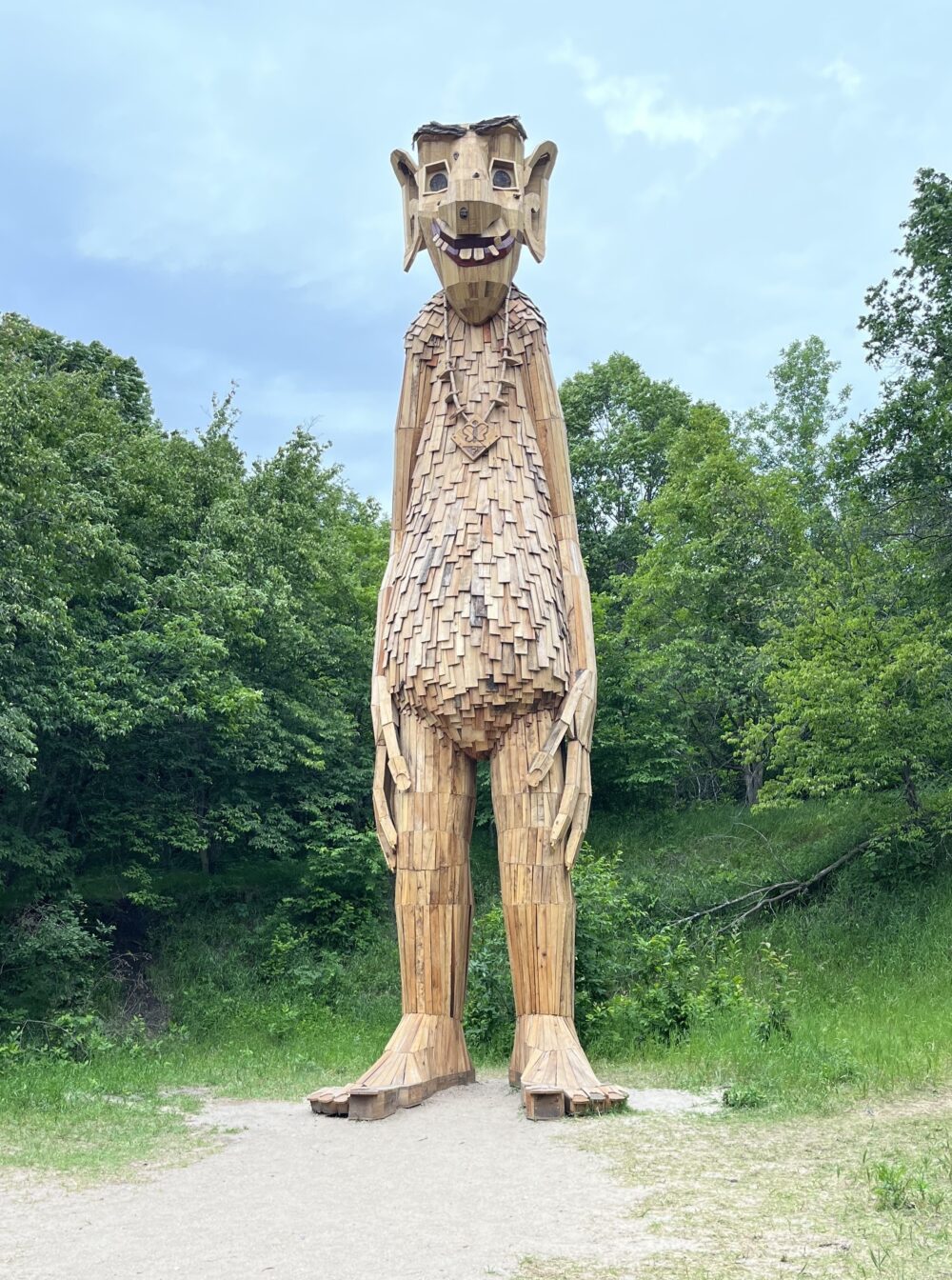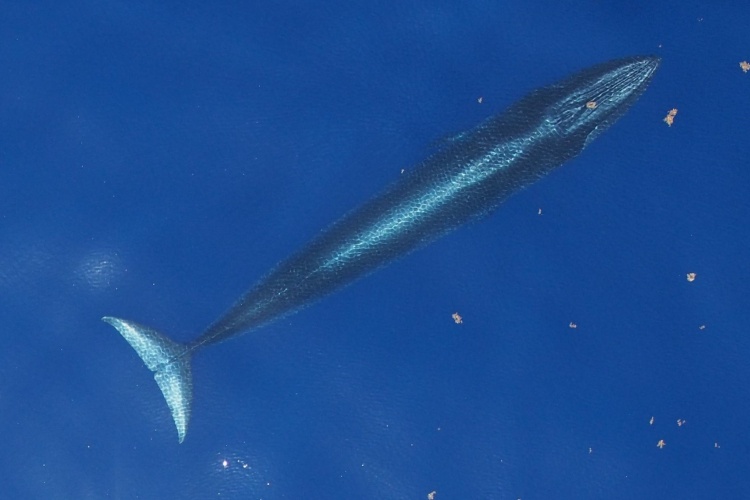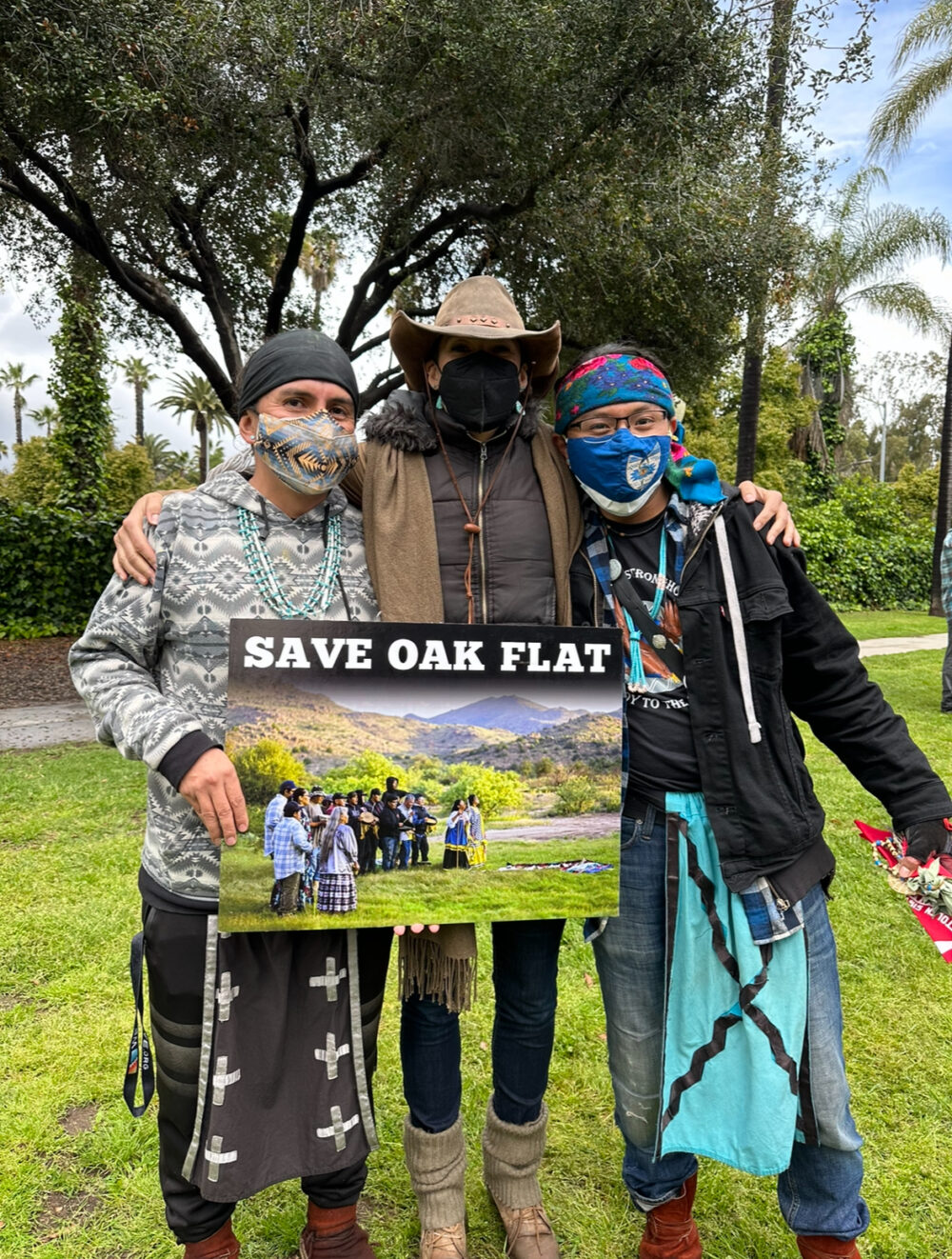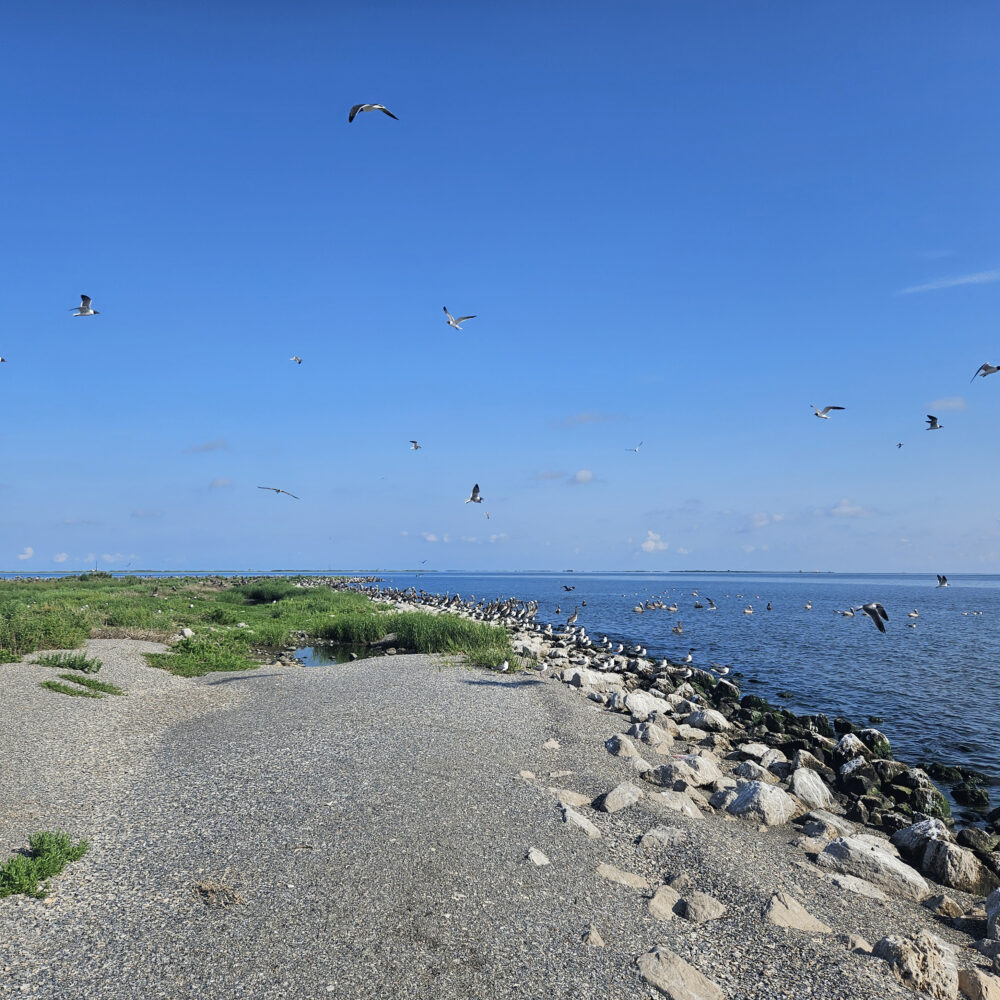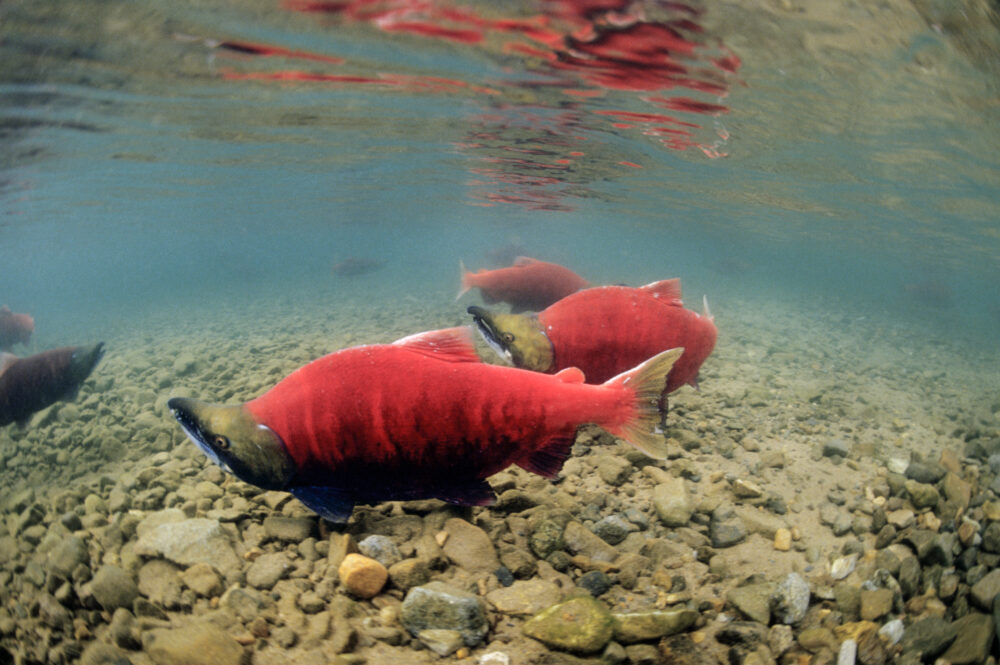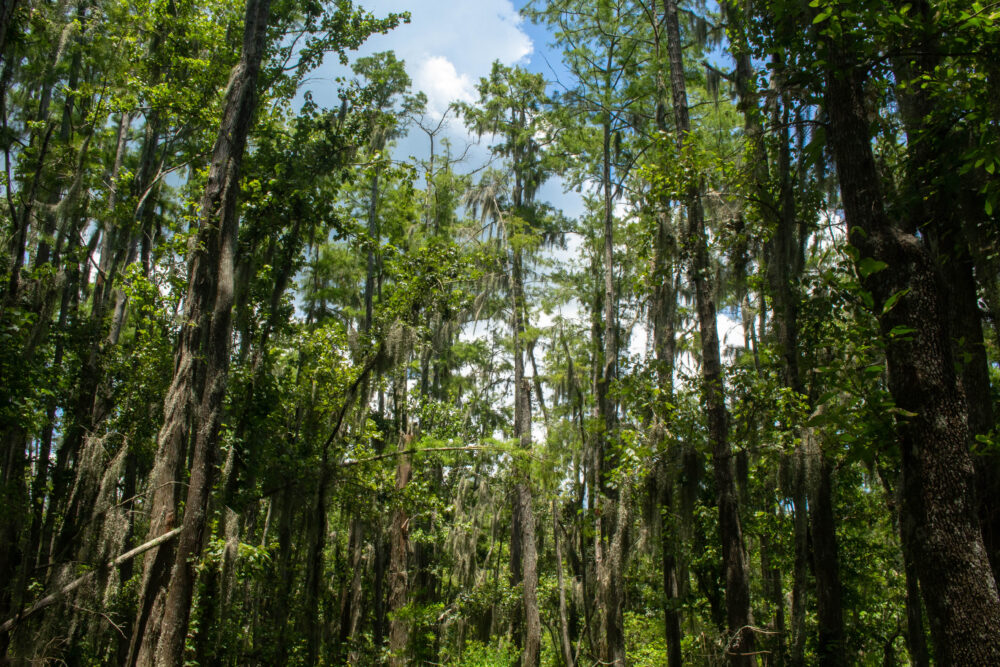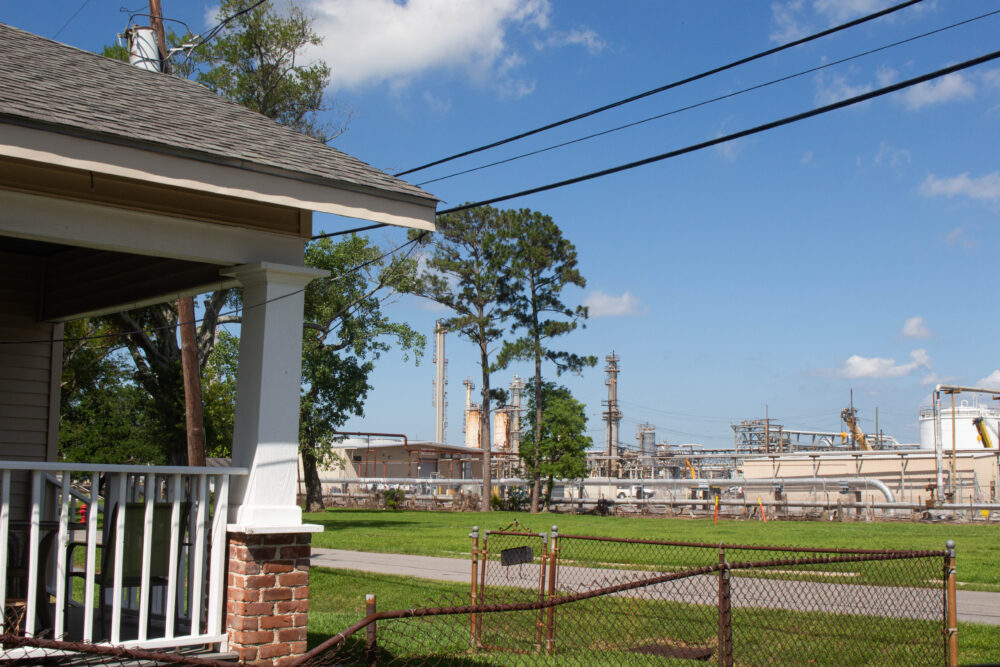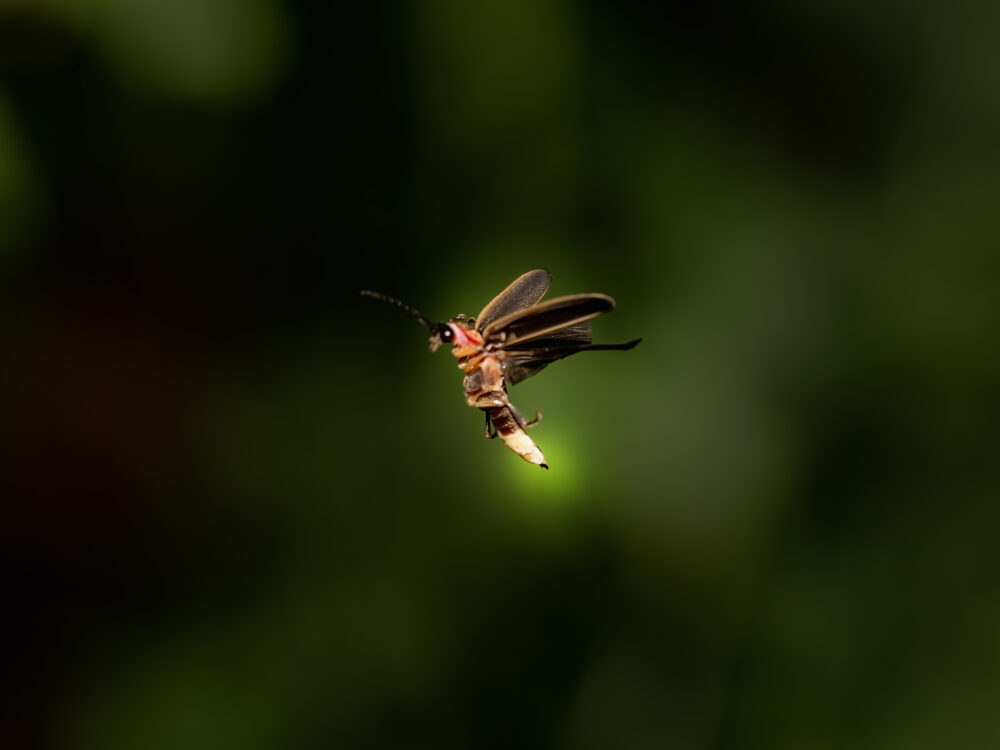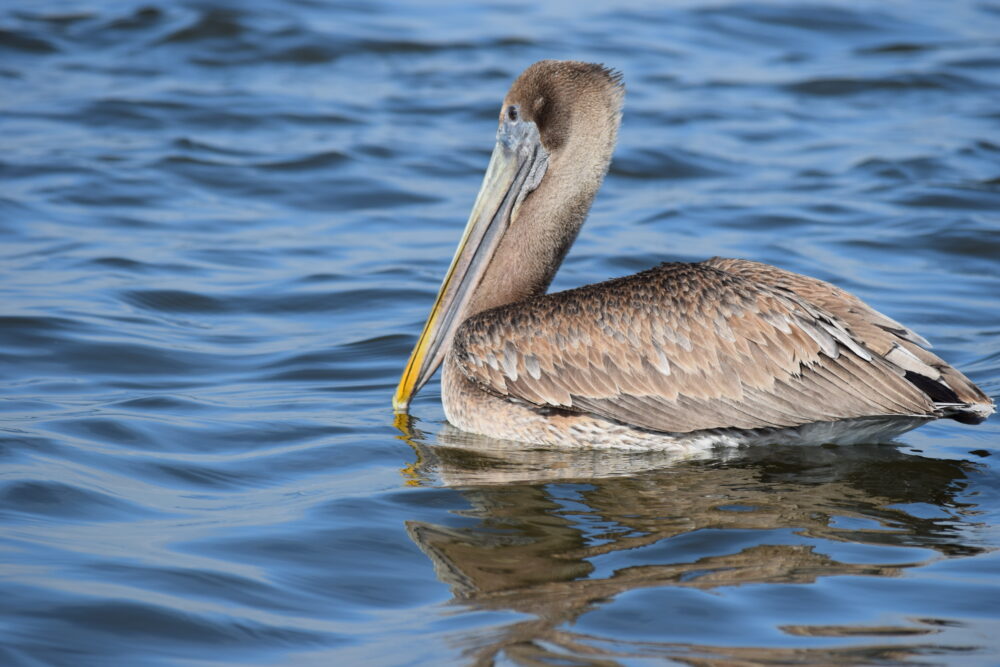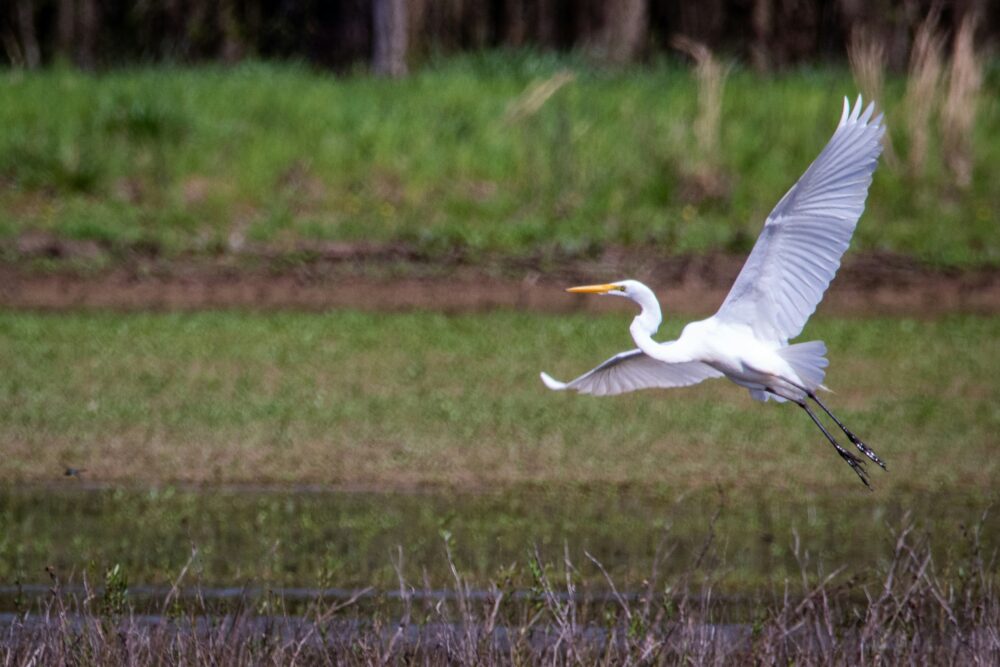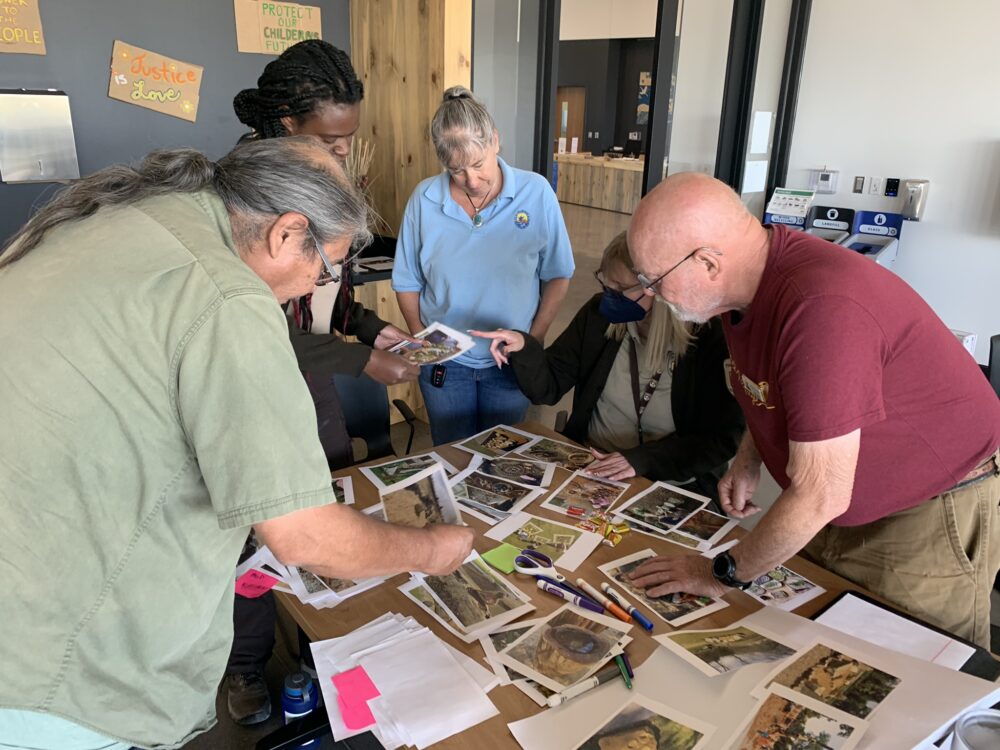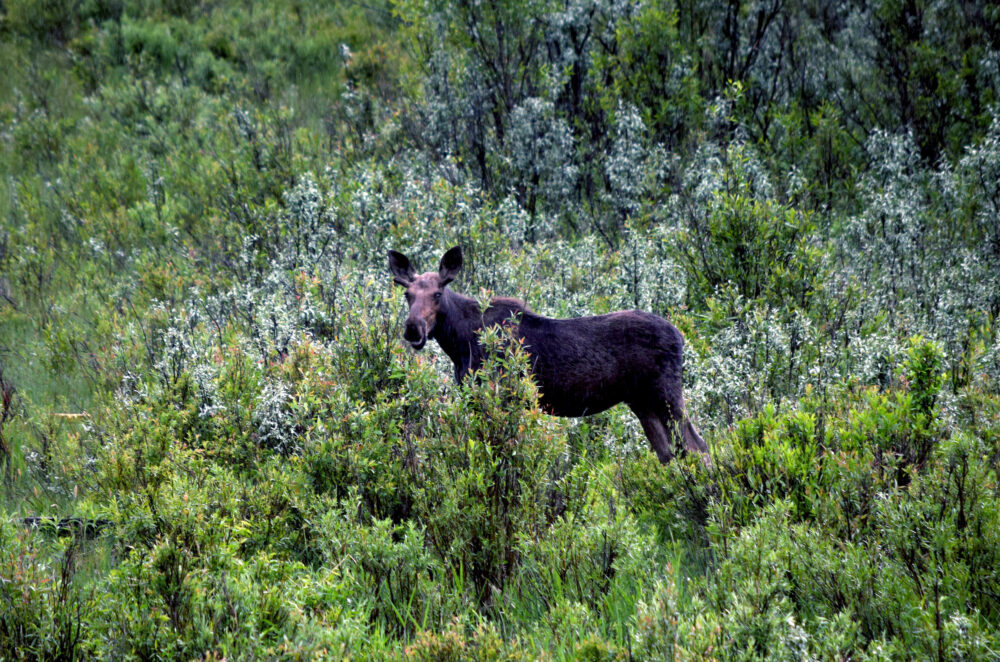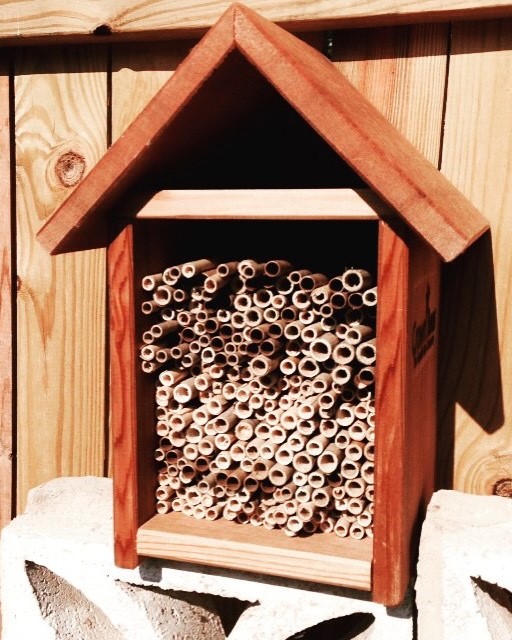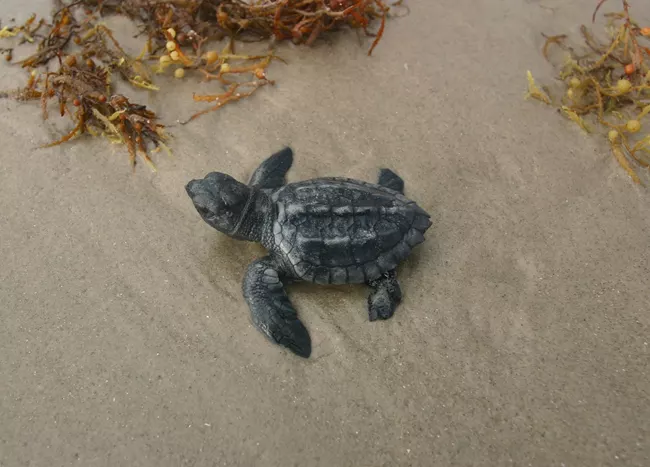We have much more to do and your continued support is needed now more than ever.
Capture Carbon on Campus by Restoring Habitat
 (Left) University of Central Florida in Orlando commits to a fire program over the next five years that will reduce harmful fuel loads and restore native Florida habitats.
(Left) University of Central Florida in Orlando commits to a fire program over the next five years that will reduce harmful fuel loads and restore native Florida habitats.
Campus habitats such as forests, prairies and gardens serve two very important roles: they provide a home for wildlife and they absorb carbon from the atmosphere. Trees and plants remove carbon from the atmosphere through photosynthesis; they return oxygen to the atmosphere, and use the carbon to make biomass in the form of roots, stems, and foliage. Every year in the U.S. and throughout the world a very large amount of CO2 – on the order of 100 billion metric tons – is sequestered in biomass. It is estimated that each mature tree consumes, on average, about 13 lbs. of CO2 per year.
Other NWF Campus Ecology members are also taking action: the University of West Alabama has restored 17 acres of prairie, Franklin Pierce College established a 46-acre conservation easement, and the University of Central Florida has a controlled-burn plan for 26 acres to restore native species.
Photo Credit: University of Central Florida, Alaina Bernard.


